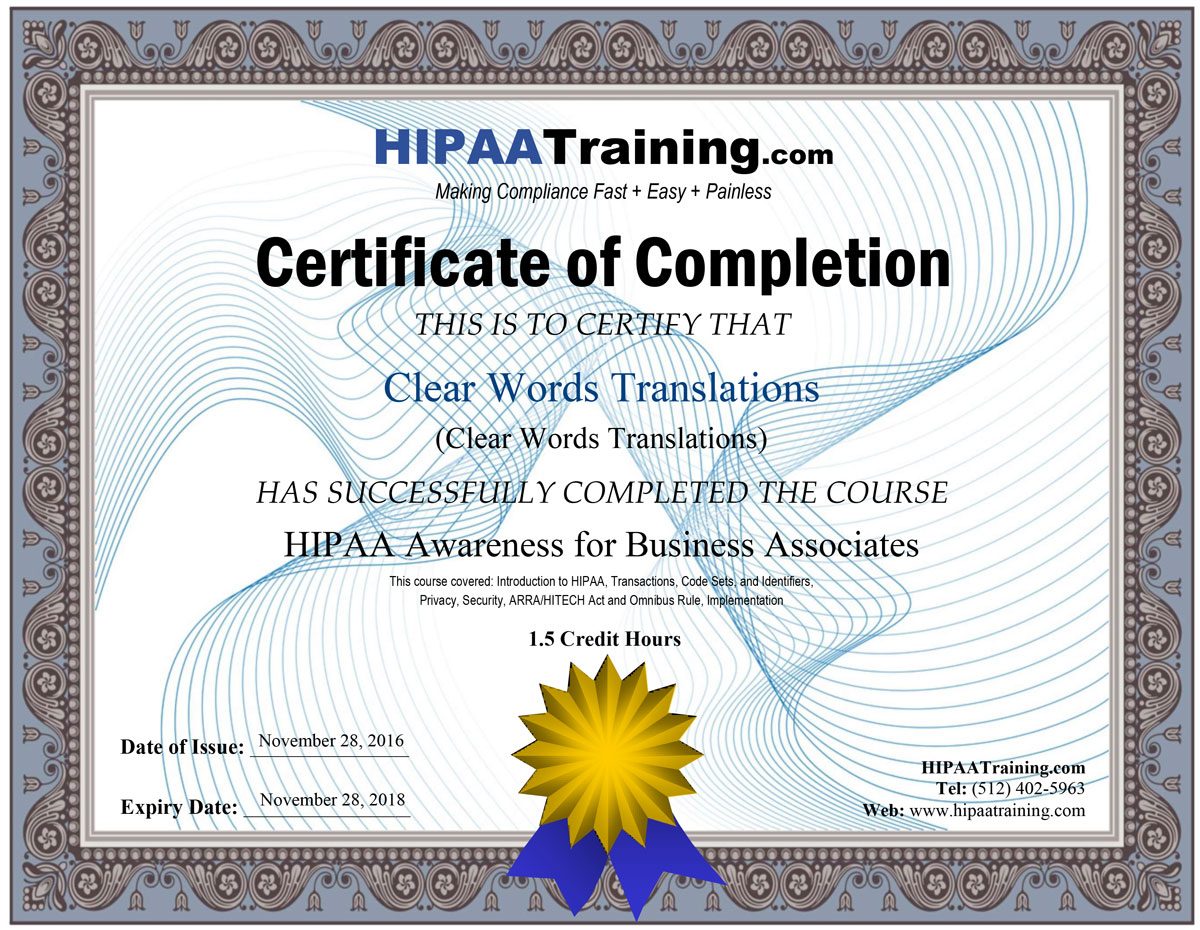7 Industries That Will Benefit from Technical Translation in 2021
CLEAR WORDS
TRANSLATIONS
All News
10月 30, 2020 |
7 Industries That Will Benefit from Technical Translation in 2021
Technical translation helps companies expand internationally in multiple ways. From technical documentation to user manuals and patents, everything needs to be translated when selling products overseas.
Technical translation is necessary to make your company compliant in international markets. And an accurately translated version of your documents helps end-users protect their health and physical integrity while operating with your product.
Taking shortcuts when translating technical content can have significant consequences and put your international reputation at risk. If you mistranslate some product descriptions on your website (as Amazon did), you might get lucky and even gain some extra publicity, with no long-term effects on your market share.
On the other hand, if your user manual isn’t accurate, and the misuse of your equipment causes your clients damage, you might not get a second chance to sell in that local market.
All companies need to focus on the quality of their technical translations, regardless of what they sell. However, some industries will need to invest more in dedicated language services than others and will require technical translations in 2021.
1. Fintech
The pandemic accelerated financial technology growth, as more people are compelled to switch to online transactions for payments. The sector has been expanding into international markets with a clear intention of providing more equal access to financial services.
Almost 1.7 billion people from multiple countries need fintech solutions to pay for goods and services in the absence of a bank account. Companies in the fintech industry need to speak local languages to gain people’s trust.
At the same time, they need to provide complex technical documentation in as many languages for compliance. The more fintech companies grow, the higher the local governments’ interest in having dedicated laws requiring fintech to provide exhaustive information about their services in local languages.
2. Blockchain
The blockchain industry is more than Bitcoin and cryptocurrency, as it has applications across multiple industries, and the potential growth is impressive. The blockchain industry is expected to reach $39.7 billion by 2025.
As more governments work on building blockchain strategies to simplify operations and reduce bureaucracy, the market can create infinite possibilities for blockchain companies and developers.
That’s more work for technical translators who will have to streamline communication between global players and local governments. Even if most people in the industry speak English as a first or second language, working with local authorities will automatically involve presenting projects, technical documentation, and clear instructions in local languages to ensure adoption and successful implementation.
3. SaaS
By 2021, 73 percent of global companies will have implemented SaaS solutions to increase efficiency. Most of them look for providers that support multiple languages to ensure the same user experience for multilingual employees and international teams.
Technical translations make an essential part of any SaaS implementation project in global companies. Businesses that want to win new clients will have to deliver top-quality products and services in all the languages a multinational client needs.
SaaS translation is vital for companies that aim to turn their products into global solutions that solve problems and become market leaders in their respective business areas.
4. Life Science
The pandemic hasn’t had the same effect on all companies in the life science industry. COVID-19 hit many medical device manufacturers while generating an increase in popularity for telehealth devices and apps. In the long run, the industry is expected to return to its strong growth trajectory.
Life science companies rely on dedicated technical translation and medical translation services, necessary for compliance and effective communication with clients and end-users. If the industry continues to grow in 2021, the demand for life science translation services will rise.
5. Packaging
The packaging industry could reach a staggering $1 trillion by 2021, but that won’t happen without challenges and new trends to follow. As sustainability becomes the main concern in this sector, companies will have to collaborate globally to keep up with changing expectations.
From research to technical documentation on smart packaging, an impressive amount of technical content will need to be translated to keep the wheels moving in this industry. Companies that aim to promote their products in international markets and spread the word about their sustainability efforts will need technical translations to make their messages heard in global markets.
6. Construction
Few sectors are as highly-regulated as the construction industry. Getting approvals involves tons of paperwork and requires all documentation to be translated into the country’s local language where a company operates.
Any business in this industry working with international suppliers must make sure that all the materials and equipment follow the industry standard and the local rules. And it must have exhaustive documentation to prove it.
Without accurate technical translations, construction projects can remain blocked by local authorities for weeks or even months.
7. Pro-Audio
The pro-audio equipment market, too, has seen consistent growth in the past years. While the pandemic might have slowed down businesses in this industry, predictions remain optimistic for this sector.
Companies that want to go global will need to do more than localizing their websites and marketing campaigns. Impressive amounts of technical documentation and user manuals come with pro-audio equipment, and it almost always requires dedicated translation services.
Final Thoughts
It’s hard to tell what 2021 will bring for technical translation service providers. However, it’s safe to say that, as long as companies continue to operate in any of these industries, they’ll need language services to stay competitive.










